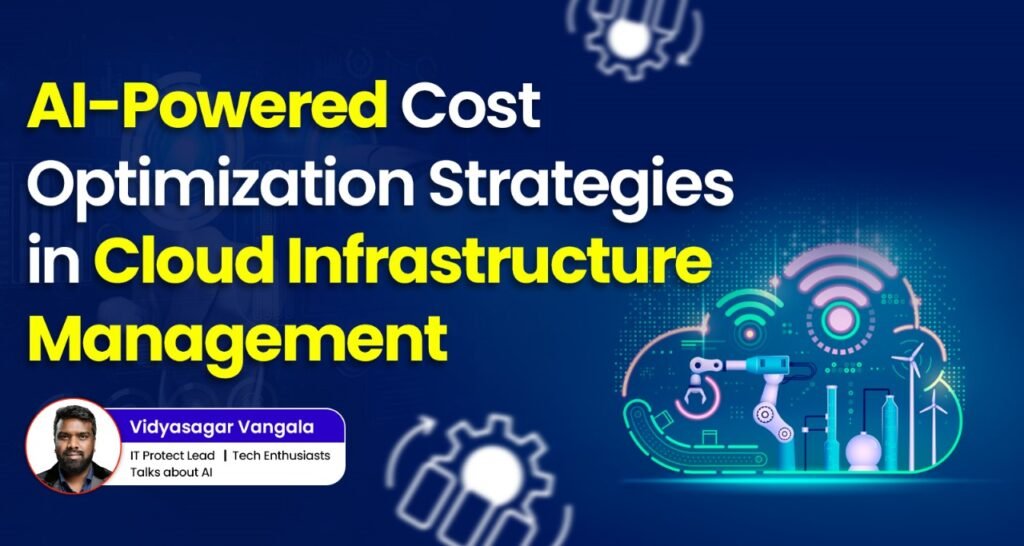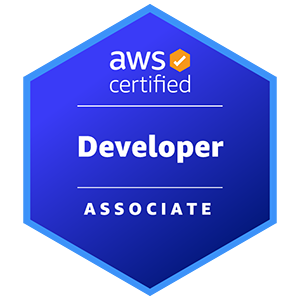
The rapid adoption of cloud computing has transformed how businesses operate, offering flexibility, scalability, and cost-effectiveness. However, as organizations increasingly migrate to the cloud, managing costs effectively has become a significant challenge. The integration of artificial intelligence (AI) and machine learning (ML) into cloud infrastructure management presents innovative solutions for optimizing costs while maintaining performance and efficiency. This article explores various AI-powered cost optimization strategies that organizations can implement to manage their cloud expenditures effectively.
Understanding Cloud Cost Management
Cloud cost management involves monitoring, analyzing, and optimizing cloud spending to ensure that organizations derive maximum value from their cloud investments. As businesses scale their cloud usage, costs can spiral out of control due to factors such as overprovisioning, underutilization of resources, and unexpected spikes in demand. Traditional methods of cost management often fall short in addressing these challenges, leading to budget overruns and inefficiencies.
The Role of AI and ML in Cost Optimization
AI and ML technologies offer powerful tools for automating and enhancing cloud cost management processes. By leveraging advanced algorithms and data analytics, organizations can gain deeper insights into their cloud usage patterns, identify inefficiencies, and implement proactive measures to optimize costs. Key functionalities of AI-driven cost optimization include:
- Automatic Anomaly Detection: AI models can monitor cloud usage in real-time to detect unusual spikes or drops in resource consumption. This capability allows organizations to address potential issues before they lead to significant financial impacts.
- Right-Sizing Recommendations: By analyzing historical usage data, AI algorithms can provide recommendations for resizing instances based on actual workload demands. This ensures that organizations only pay for the resources they need.
- Predictive Analytics: AI-powered predictive analytics can forecast future resource needs based on historical trends and usage patterns. This foresight enables organizations to allocate resources more effectively and avoid overprovisioning.
- Reserved Instance Management: AI can optimize the use of reserved instances by analyzing usage patterns and suggesting adjustments based on changing workload requirements.
- Automated Resource Allocation: By automating the allocation of resources based on real-time demand, organizations can ensure that they are using their cloud infrastructure efficiently while minimizing costs.
Benefits of AI-Powered Cost Optimization
Integrating AI into cloud cost management strategies offers numerous benefits for organizations:
- Optimized Resource Allocation: AI models scrutinize consumption patterns and ensure resources are available where they are most required. They also make optimization suggestions wherever possible.
- Improved Resource Efficiency and Performance: By enhancing resource efficiency, AI models ensure wise resource allocation, which improves overall cloud infrastructure performance.
- Increased Agility and Scalability: Automated cloud cost control provides agility as it diminishes the need for manual intervention, resulting in reduced human error and increased accuracy.
- Reduced Risk of Cloud Bill Shock: Continuous tracking of expenditure helps prevent unexpected spikes in costs associated with unused services or overprovisioned resources.
Real-Time Examples from the US Market
Several leading companies in the US market have successfully implemented AI-powered cost optimization strategies to manage their cloud expenditures effectively:
- Spotify: By utilizing advanced algorithms and predictive analytics, Spotify analyzed its cloud usage patterns to identify inefficiencies. This strategic approach not only reduced its cloud spending significantly but also enabled sustainable cost savings over time.
- Netflix: As a major player in the streaming industry, Netflix employs AI-driven solutions to optimize its cloud infrastructure costs. By leveraging machine learning algorithms, Netflix continuously monitors its resource utilization and adjusts allocations dynamically based on viewer demand.
- Airbnb: Airbnb has integrated AI technologies into its cloud management processes to enhance visibility into resource usage. This proactive approach allows them to identify underutilized resources quickly and make necessary adjustments to optimize costs.
These examples illustrate how leading companies leverage AI technologies to streamline their cloud operations while achieving substantial cost savings.
Challenges in Implementing AI-Powered Cost Optimization
While the benefits of AI-powered cost optimization are significant, organizations may face several challenges when integrating these technologies:
- Data Quality: The effectiveness of AI algorithms relies heavily on the quality of data fed into them. Inaccurate or incomplete data can lead to flawed insights and recommendations.
- Integration Complexity: Incorporating AI solutions into existing cloud management processes may require significant changes to workflows and systems, which can be complex and time-consuming.
- Skill Gaps: Organizations may lack the necessary expertise in data science and machine learning needed to implement and maintain AI-driven solutions effectively.
- Change Management: Resistance from employees who are accustomed to traditional methods may hinder the adoption of new technologies.
Future Trends in Cloud Cost Optimization
As technology continues to evolve, several trends are expected to shape the future of cloud cost optimization:
- Increased Adoption of Hybrid Cloud Models: Organizations will increasingly adopt hybrid cloud strategies that combine public and private clouds for greater flexibility while optimizing costs through intelligent resource allocation.
- Enhanced Automation Capabilities: Automation will play a crucial role in streamlining cost management processes as organizations seek to minimize manual intervention while maximizing efficiency.
- Focus on Sustainability: With growing awareness around environmental issues, organizations will prioritize sustainable practices in their cloud operations, leveraging AI to optimize energy consumption alongside cost savings.
- Integration with Financial Management Systems: Future developments will likely see closer integration between AI-driven cost optimization tools and financial management systems, allowing for more comprehensive insights into overall business performance.
Conclusion
AI-powered cost optimization strategies are revolutionizing how organizations manage their cloud expenditures by providing actionable insights and automating critical processes. As businesses navigate the complexities of cloud computing, integrating these advanced technologies will be essential for achieving financial efficiency while maintaining high-performance standards.
By embracing AI-driven solutions like automatic anomaly detection, predictive analytics, and automated resource allocation, organizations can transform their approach to cloud cost management from reactive measures to proactive strategies that drive value. As demonstrated by leading companies such as Spotify, Netflix, and Airbnb, leveraging these technologies not only leads to significant cost savings but also enhances operational agility in an increasingly competitive landscape.
As we move forward into a future characterized by rapid technological advancements, organizations must remain adaptable and open to integrating innovative solutions that optimize their cloud infrastructure management strategies effectively. Embracing change will be key for businesses aiming not only to survive but thrive in an ever-evolving digital economy driven by the power of artificial intelligence.
Vidyasagar Vangala is an accomplished IT Project Lead with 10 + years of IT industry experience with a deep passion for technology and innovation. With extensive expertise in Cloud Technologies, AI Integration, and Automation, Vidyasagar has been at the forefront of driving transformative projects that deliver tangible business outcomes. His robust experience in DevOps engineering, cloud platforms like AWS and Azure, and Kubernetes showcases his ability to lead large-scale cloud migrations, develop AI-powered solutions, and implement advanced automation frameworks.
A strategic thinker and problem solver, Vidyasagar thrives on tackling complex challenges and delivering scalable, efficient solutions. His professional journey reflects a commitment to leveraging cutting-edge tools and methodologies to help organizations achieve agility and operational excellence. Whether it’s streamlining processes through DevOps practices or integrating AI to enhance business decision-making, Vidyasagar’s innovative mindset and leadership have consistently resulted in successful project deliveries.








